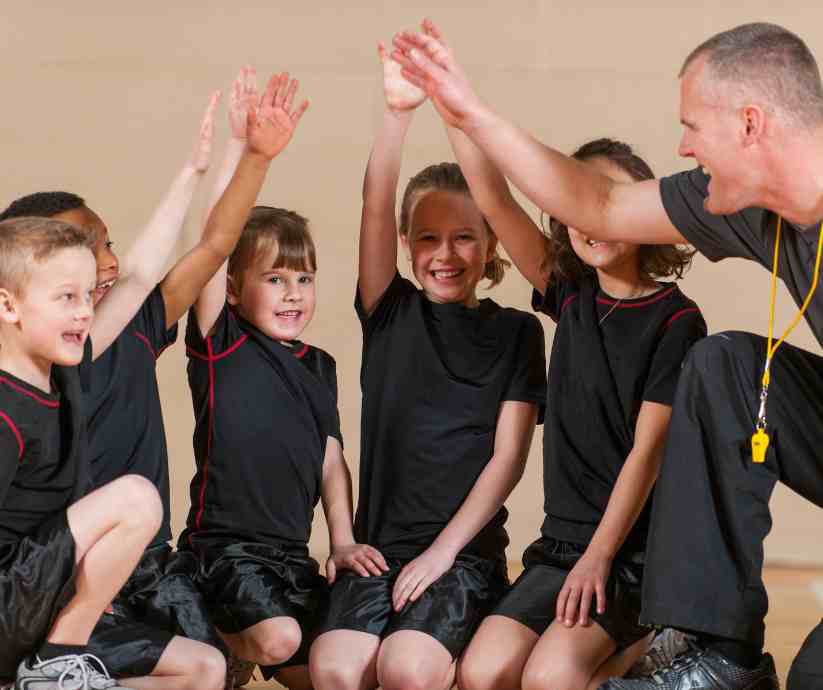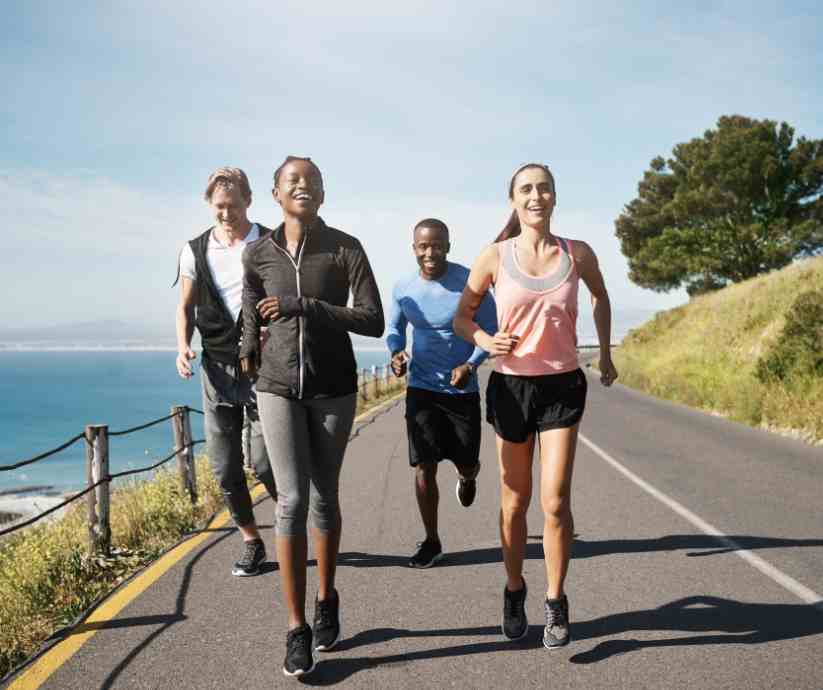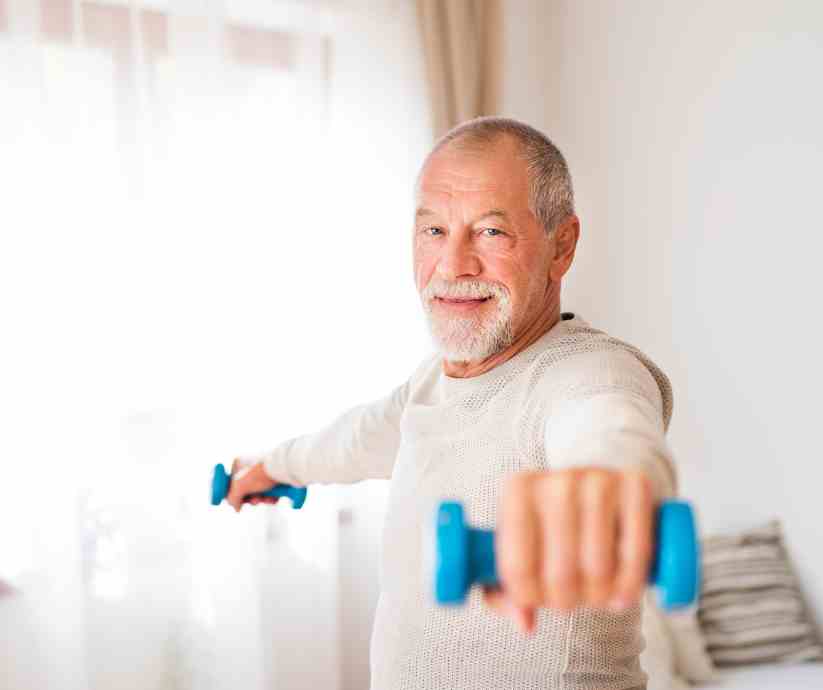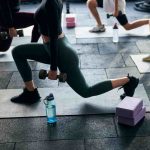A healthy lifestyle requires physical fitness, it is important for people of all ages. Frequent workouts provide numerous benefits for every person, from young children to senior citizens. The aim of this article is to help individuals boost their physical and mental wellness by studying the advantages of training for all ages and providing advice for age-appropriate workouts.
Fitness for Kids and Teens
Kids’ initial development of beneficial habits provides the foundation for their long-term wellness. Jumping, running, and climbing are all important motor development exercises for kids of all ages. Sports that involve teams, performing arts, or boxing may help teens enhance motor skills, gain endurance, and foster relationships with others. For their overall wellness, it is vital to motivate children to limit unhealthy habits like excessive use of screens.

Fitness for Young Adults
Young adults often have higher energy levels and the ability to explore various forms of exercise. Exercises that boost heart rate, muscle strength, and mobility include walking, swimming, cycling, and attending aerobics classes. Building your muscles and strengthening your bones are both advantages of adding vigorous resistance training. Having exercise goals, for instance, accomplishing a 5K run or starting a leisure sporting league, can motivate people and give their exercise routine structure.
Fitness for Adults
As adults navigate the demands of work, family, and other responsibilities, maintaining fitness becomes crucial. The most beneficial cardio workouts to manage anxiety and improve heart health are brisk walking, running, and biking. physical activities that boost bone density and prevent older muscle loss include bodyweight exercises and lifting. Yoga or Pilates-style exercises for flexibility may boost the motion of joints and lower the risk of mishaps.

Fitness for Seniors
Physical activity remains essential for seniors, promoting longevity, independence, and improved quality of life. Low-impact exercises like walking, swimming, or water aerobics are gentle on joints while enhancing cardiovascular health. Strength training with light weights or resistance bands can help maintain muscle mass and improve balance, reducing the risk of falls. Engaging in activities that improve flexibility, such as Tai Chi or gentle stretching routines, can enhance mobility and reduce stiffness. Prioritizing exercises that target cognitive functions, such as puzzles or dancing, can help promote brain health.

Regular workouts are required for maximum well-being and health at all stages of life. People may adapt the way they exercise to take full perks by being mindful of the specific fitness requirements for every age group. Better health and a higher quality of life can be obtained by pursuing physical activity at each stage of life. Stay active, stay healthy!



